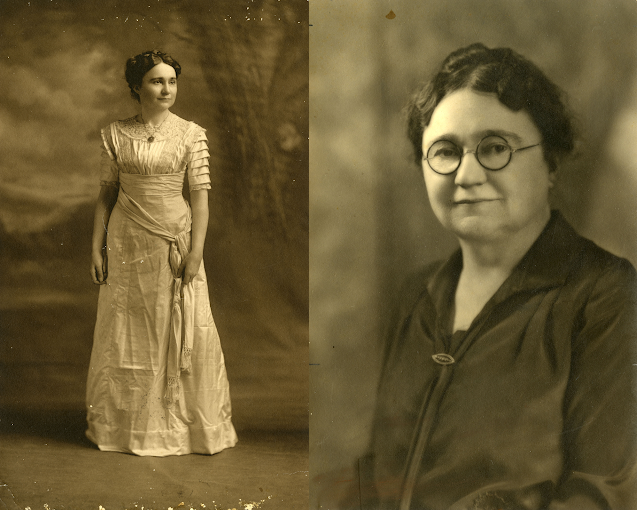On Tuesday, Oct. 28, Dr. Amina Wadud, Islamic feminist and scholar, gave a fascinating lecture in the Carnegie Room in Hege Library on the current debates and struggles in Islamic feminist discourse.
The work Wadud is undertaking as a scholar is unique given her specific focus on a woman’s perspective of the Qur’an. She is not, however, the only individual involved in the burgeoning Islamic feminist movement.
“I prefer to speak in terms of women’s activism and engagement, as opposed to ‘Islamic Feminism,’” said Visiting Assistant Professor of Religious Studies Betsy Mesard in an email interview. “Many Muslim women who are doing work to transform women’s roles and rights don’t like this term.”
Mesard is currently teaching a course offered in the religious studies department entitled “Islam and Modernization.”
One student in the class, junior Katie Fullerton, decided to do an in-depth research project on the body of work that Amina Wadud has contributed as a scholar in Islamic studies.
“Researching Amina’s work has given me a glimpse into the complexities of Islamic feminism,” said Fullerton in an email interview. “Her initial rejection and then her gradual acceptance of the label ‘feminist’ gave me some insight into the negative impression the term has in some Muslim circles.”
Fullerton described her experience in Mesard’s class in positive terms.
“We are discussing various Muslim responses to ‘modernity,’ primarily defined as the influences of European and Western domination,” said Fullerton.
During her lecture in October, Wadud made clear to the audience the significance of the current women’s movement in relation to the history of Islam.
“There have been more radical considerations of the possibilities of how to live as Muslim women in our time rather than at any other time,” said Wadud during her lecture.
So, what is it that makes Wadud’s work especially important at this point in time?
“She, along with many other Islamic feminists, makes a distinction between feminism inspired by Islamic ideals versus feminism inspired by Western and modern ideals,” said Fullerton.
Associate Professor of English Diya Abdo, who attended Wadud’s lecture in October, shared similar thoughts on the importance of Wadud’s work.
“Wadud’s work is significant because it brings a much-needed perspective to religious exegesis,” said Abdo. “Her methodology’s clear emphasis on justice shows us how we can live and be better as human beings.”
Mesard found importance in Wadud’s work for its thought -provoking aspects.
“Amina Wadud’s work is significant in part simply because it has provoked debate,” said Mesard. “Whenever people are forced to think carefully about, clarify and defend their commitments, there is a potential for change — even if it is not immediate change along the lines that she calls for.”
Wadud’s work is also significant for its emphasis on “tafsir,” meaning interpretation in Arabic. In a video interview with The Guilfordian, Wadud elaborated on the strategies she employs in her methodology of applying “tafsir” to the Qur’an.
“If you have a 14,000 year history of engaging with the text, but you don’t have a record of women’s responses to that text until this last century, then maybe we are missing something from the story of how the text is understood,” said Wadud.
Other prominent scholars in the Islamic women’s movement include journalist Mona Eltahawy, Harvard professor Leila Ahmed and Egyptian writer Nawal el-Saadawy.
“Many of the things that she said during her visit have stuck with me, and most of what has stuck with me are life lessons rather than comments specific to Amina’s experience,” said Fullerton. “Above everything that I admire about Amina though, I most appreciate her ability to claim power for herself in a situation, while also empowering those around her.”





